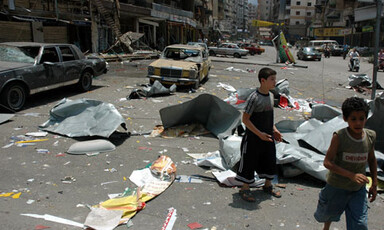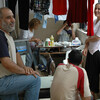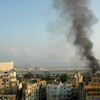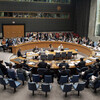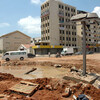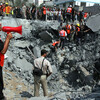
ICRC bulletin - Gaza
17 July 2006
Last Thursday (13 July) was particularly heavy in terms of casualties, as the Palestinian Ministry of Health announced the death of 26 people within 24 hours. During the reporting period, air, land and sea shelling continued in various areas of the Gaza Strip, causing many casualties, including civilians. On 13 July, the Israeli Defense Forces (IDF) declared the central part of the Gaza Strip a closed military zone and imposed a curfew on its 1,200 residents till the next day. On 16 July, the IDF heavily shelled Beit Hanun. The exact number of casualties is unknown, but at least three houses were destroyed. Read more about ICRC bulletin - Gaza



